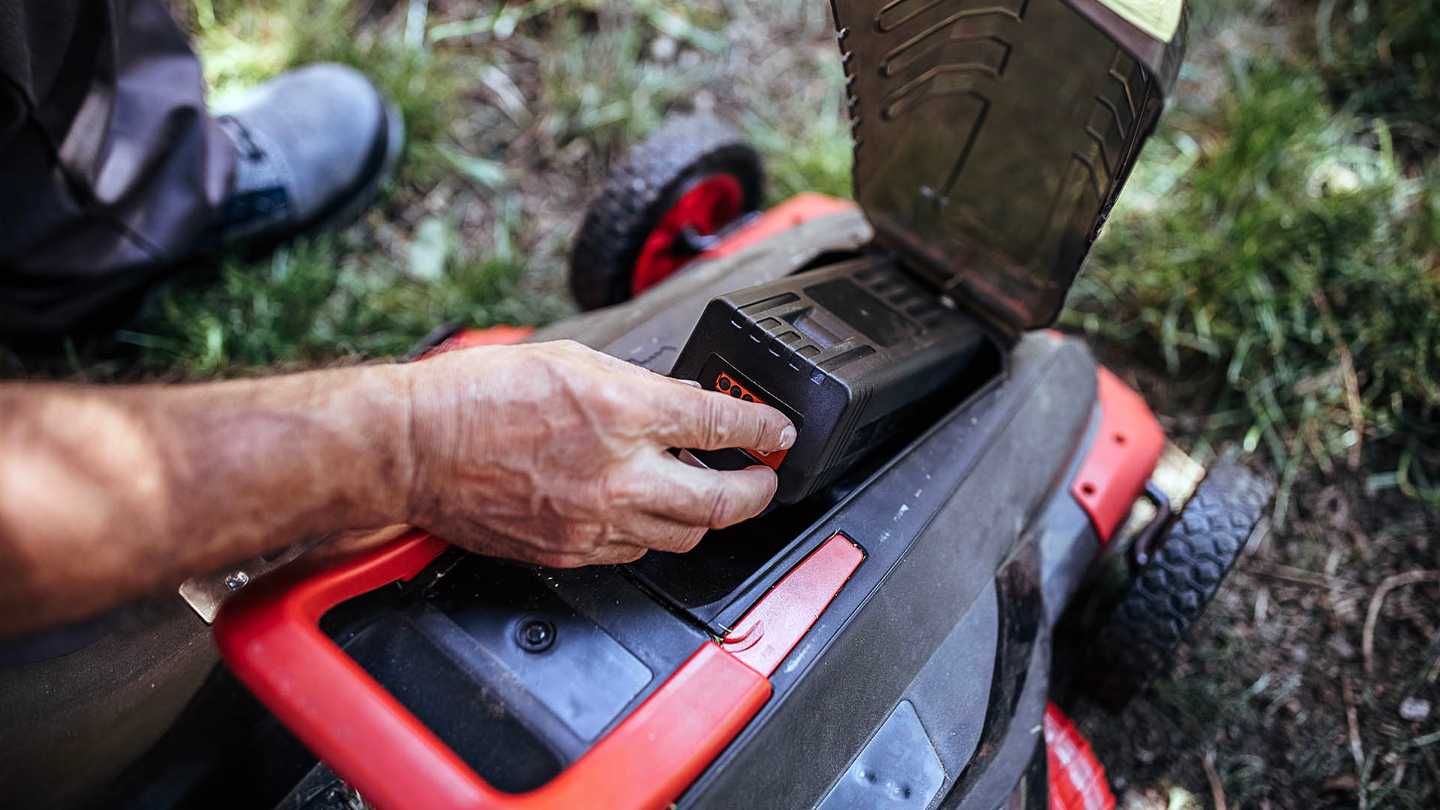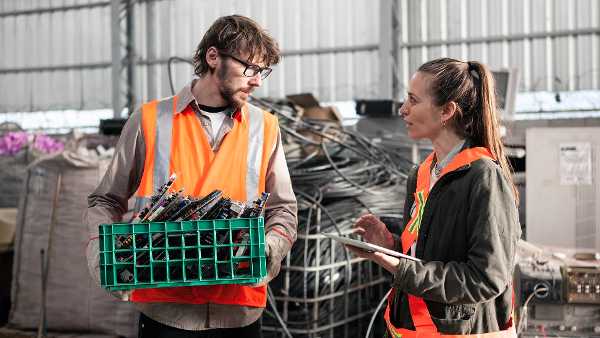EPR Batteries and accumulators: rules for producers and importers

- Danitsja Kallendorf
- Background
- 13 June 2024
- Edited 25 June 2024
- 2 min
- Managing and growing
- Sustainability
Are you first to bring batteries and accumulators onto the Dutch market? Then you must deal with Extended Producer Responsibility. As a producer or importer, you collect the used products. And you ensure environmentally friendly processing and recycling. In most cases, you do this by joining a producer organisation that arranges everything for you.
Extended producer responsibility (Uitgebreide Producentenverantwoordelijkheid, UPV) ensures that manufacturers or importers remain responsible for their products, even when the products are discarded. Does a UPV apply to your product? If so, remember there are additional costs and rules.
For whom?
You have to comply with the UPV Batteries and Accumulators if:
- you are a producer or importer of batteries or accumulators, or
- you are the first to bring these products onto the Dutch market.
How to comply with UPV
The UPV applies to all types of batteries. How to comply with the UPV varies per battery. It depends on the type and weight of the battery. In some cases, you must register with a producer organisation. For example, if you are a producer or importer of AA batteries, bicycle batteries, and car batteries. For other batteries, such as a train battery or a battery for emergency power, there is no producer organisation. For those products, you must comply with the UPV rules yourself.
Registering light batteries
Are you a producer or importer of portable batteries of up to 3 kilograms, industrial batteries of up to 1 kilogram, or bicycle batteries? If so, you must register with the producer organisation Stichting . If you import or produce heavier batteries, you should report them to Rijkswaterstaat.
Note: since August 2025, you also report your batteries of up to 5 kilograms to Stichting OPEN.
If you register with Stichting OPEN, you state annually or per quarter how many batteries and accumulators you put on the Dutch market. Based on these numbers, you pay an amount to the organisation. The organisation takes care of the collection and processing of the used batteries. Stichting OPEN also reports to the government on the legally determined recycling targets and the results achieved. The law states that producers must collect at least 45% of discarded portable batteries and accumulators annually. That percentage increases every year to 63% in 2027.
Registering for car batteries
Batteries for cars, such as starter batteries and drive batteries, should be registered with the producer organisation Auto Recycling (ARN). Batteries for light electric vehicles such as mopeds and scooters should also be registered with ARN. This producer organisation takes care of the processing and recycling of batteries for electric vehicles.
Registration for other batteries
Is there no producer organisation for the type and weight of battery you produce or import? Then you must report your battery to Rijkswaterstaat yourself. You will find the notification form on the website of Afval (in Dutch). In this form, you state how many products you put on the market each year, how you organise collection and recycling, and how you pay for this.
You must set up waste points or use existing waste points to collect used batteries and accumulators. You make agreements with your municipality about this. Sorting centres and recyclers process the collected waste. Recyclers recover metals such as lead and iron from the batteries. The government wants you to collect at least 45% of your waste batteries and accumulators. When you register, you must also indicate how you will achieve this target. Then, every calendar year, you inform the government of your collection and recycling results for the previous year.
Mandatory symbol on batteries
Since 18 August 2025, all batteries must have the separate collection . This way, a user knows that they should not just throw the battery in the bin, but instead return it to a collection point.
Enforcement of UPV rules
The Human Environment and Transport (ILT, in Dutch) checks whether producers and importers register and comply with the rules. ILT can issue a warning or fine to companies that do not register and thus do not comply with the UPV.
